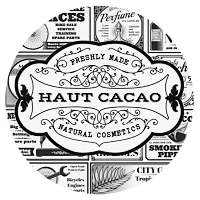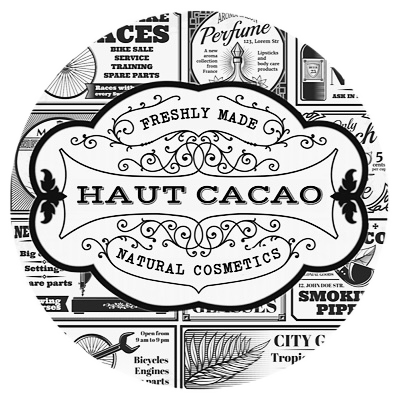ingredients
raw cacao powder*
*certified organic from south america
$68.50
contains 22% raw cacao butter
read more about all the health + beauty benefits of raw cacao…
raw cacao powder*
*certified organic from south america
‘Also known as Raw Cocoa Powder’. Unheated, 100% Arriba Nacional Variety, and fermented for an excellent chocolate flavour. Raw cacao beans, theobroma cacao, are pressed to make Cacao/Cocoa Butter and Powder. Cacao beans are naturally high in several minerals, especially manganese, magnesium, phosphorus, potassium, iron and zinc. In addition to minerals, cocoa also contains some caffeine and theobromine.
Benefits:
Use it to make: great smoothies with fresh nut milk and banana, baked goods, homemade chocolate or your favourite raw dessert.
All chocolate is made from the raw cacao bean! Cacao is the seed of a fruit of an Amazonian tree that was brought to Central America during or before the time of the Olmecs. Cacao beans were so revered by the Mayans and Aztecs that they used them as money!
In 1753 Carl von Linnaeus, the 18th-century Swedish scientist, thought that cacao was so important that he named the genus and species of this tree himself. He named this tree: Theobroma cacao, which literally means “cacao, the food of the gods.”
Cacao beans contain no sugar and between 12% and 50% fat depending on variety and growth conditions. This uniquely sourced cacao is around 40% fat content (low compared to other nuts). There is no evidence to implicate cacao bean consumption with obesity. Worried about allergies? Allergies to chocolate are quite rare. It is typically the case that the person is in fact allergic to milk, dairy products and chemicals mixed into the production of heat-treated processed chocolate bars
Cacao Beans Also Contain the Following Important Nutrients:
Magnesium: Cacao may be the highest source of Magnesium the relaxer mineral. Magnesium fights acid buildup, neutralizes toxins, calms sensitivity to pain, quiets nerves, builds strong bones and teeth and is essential for many other functions. Over 80% of Americans are chronically deficient in Magnesium
Iron: Cacao beans contain about 20% of the U.S. RDA of iron per 1 ounce (28 gram) serving. Iron is a critical mineral in nutrition. Iron is part of the oxygen carrying protein called hemoglobin that keeps our blood healthy.
Chromium: Chromium is an important trace mineral that helps balance blood sugar. Nearly 80% of Americans are deficient in this trace mineral. Chromium plays a significant role in detoxifying the liver from alcohols which build up during the fermentation process of sugars and starches when we overeat or make bad food choices. It has a major influence on blood cleanse.
Caffeine and theobromine. There is a persistent urban legend that Chocolate contains caffeine. It would seem that this rumor is based primarily on a confusion between two similar alkaloids: caffeine and Theobromine. Theobromine is the active ingredient in Chocolate and it occurs only in Cacao. The two stimulants are related and have a similar structures, but are very different chemicals with different properties, effects and origins. There are of course, some Chocolate products that have added caffeine, but it does not occur naturally in Chocolate.
Cacao seems to diminish appetite, probably due to its monoamine oxidase enzyme inhibitors (MAO inhibitors) – these are different from digestive enzyme inhibitors found in most nuts and seeds. These rare MAO inhibitors actually produce favourable results when consumed by allowing more serotonin and other neurotransmitters to circulate in the brain. According to Dr. Gabriel Cousens, MAO inhibitors facilitate youth regeneration and rejuvenation. Encourages weight loss naturally.
Phenethylamine (PEA): is found in abundance in cacao beans. Because PEA is heat sensitive, much of the PEA in conventional cooked and processed chocolate is missing. PEA is the adrenal-related chemical that we produce in our bodies when we fall in love. This is likely one of the main reasons why love and chocolate have such a deep connection. PEA also plays a role in increasing focus and alertness.
In trials, doctors at Harvard found that Antioxidant compounds called Flavonols in chocolate help the body to produce nitric oxide, a compound essential for proper heart function. (Nitric oxide is also believed by pro bodybuilders to help increase muscularity.) Again, with Raw Cacao Powder, this effect could easily be multiplied. Remember that raw cacao powder contains about seven times as many antioxidants as cooked cacao powder, that’s about 723% more!
Raw Cacao Powder has at least 33% more Arginine, the aphrodisiac-like amino acid believed by body builders to build muscle and aid in recovery.
Anandamide (The Bliss Chemical) – A neurotransmitter called anandamide, has been isolated in cacao. Anandamide is also produced naturally in the brain. Anandamide is known as “The Bliss Chemical” because it is released while we are feeling great. Cacao contains enzyme inhibitors that decrease our bodies’ ability to breakdown anandamide. This means that natural anandamide and/or cacao anandamide may stick around longer, making us feel good longer, when we eat cacao.
Vitamin C: Cacao beans must be raw to contain vitamin C. All cooked and processed chocolate has no vitamin C. A one ounce (28 gram) serving of Cacao Beans supplies 21% of the U.S. RDA of Vitamin C.
Omega 6 Fatty Acids: Cacao beans contain essential omega 6 fatty acids when it is RAW.
Tryptophan: Tryptophan is an essential amino acid that is transformed into important stress-protective neurotransmitters including serotonin and melatonin. Tryptophan is heat sensitive and therefore it is “cooked out” in many high protein foods and in conventional processed chocolate. At least 33% more when you use Raw Cacao.
Serotonin: Serotonin is the primary neurotransmitter in the human body. Serotonin is similar in its chemistry to tryptophan and melatonin. Serotonin helps us build up our “stress defense shield.”
Theobromine: Cacao beans usually contain about 1% theobromine. Theobromine is an effective anti-bacterial substance and kills streptococci mutans (the primary organism that causes cavities). Theobromine is a chemical relative of caffeine but is not a nervous system stimulant. Theobromine dilates the cardiovascular system making the heart’s job easier.
Antioxidants: Cacao contains the highest concentration of antioxidants of any food in the world. These antioxidants include polyphenols, catechins, and epicatechins. By weight, Cacao beans have more antioxidants than red wine, blueberries, acai, pomegranates, and goji berries COMBINED. Antioxidants keep you looking young and help fight disease. ORAC antioxidant laboratory analysis confirms that there are over 25,200 antioxidants in a single spoonful of our raw cacao powder! Dark chocolate has been touted as a source of antioxidants, but this raw chocolate is way beyond that. Living proof that raw is better!
Italian researchers found eating 100 grams of dark chocolate each day for 15 days lowered blood pressure in the 15-person study. The University of L’Aquila team also found the body’s ability to metabolise sugar — a problem for people with diabetes — was improved. Because the effect was believed to be due to antioxidant levels, with Raw Cacao Powder we can likely multiply this effect. Dutch researchers indicate that dark chocolate contains four times the amount of catechin antioxidants than black tea, which is suspected of having a protective effect against heart disease and possibly cancer, due to its antioxidant properties. With Raw Cacao Powder, it would be 28 times more than Black Tea and potentially 7 times the protection!
Manganese: Manganese helps assist iron in the oxygenation of the blood and formation of hemoglobin. Interestingly, manganese is also concentrated in tears.
Zinc: Zinc plays a critical role in the immune system, liver, pancreas, and skin. Additionally, zinc is involved in thousands of enzymatic reactions throughout the human body.
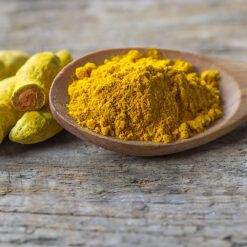
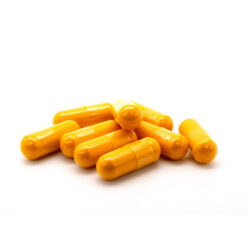
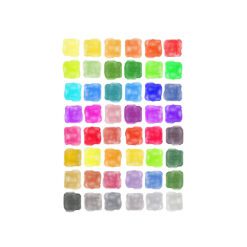

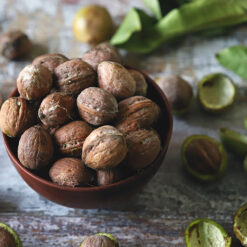
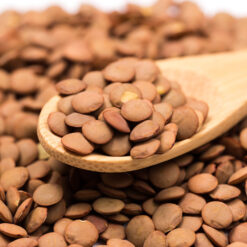
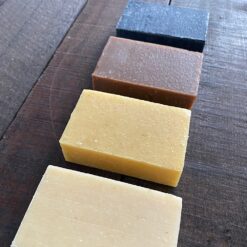

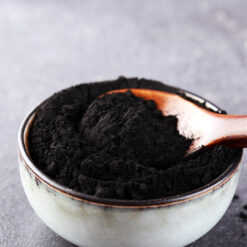
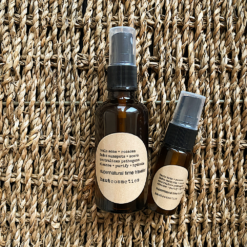
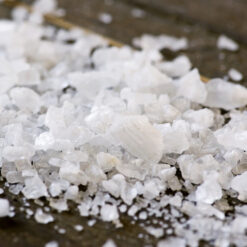
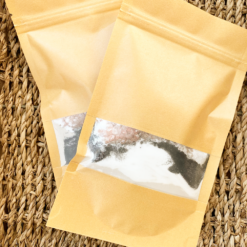
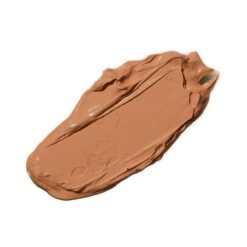
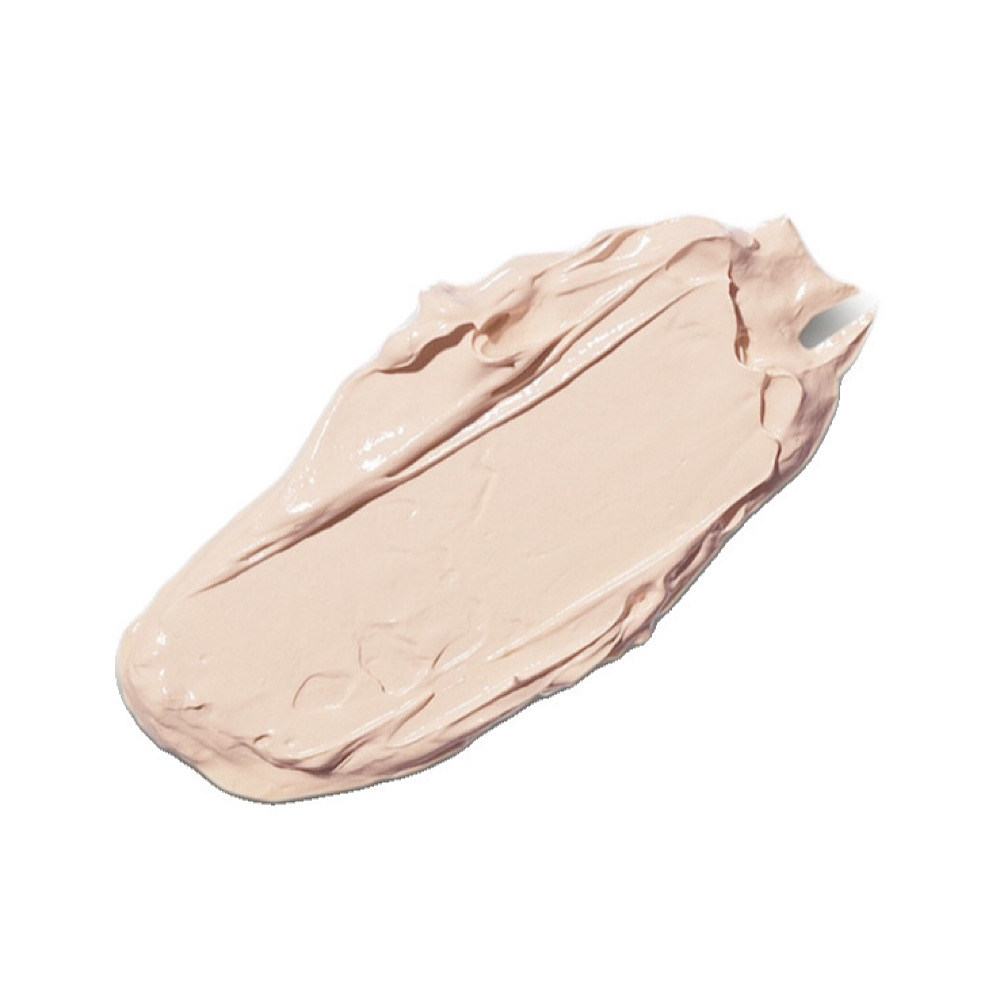
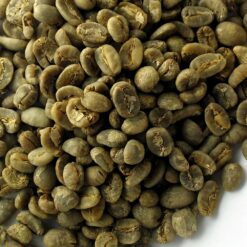



Haut Cacao Cosmetics cannot be responsible for delayed orders or lost or stolen packages. when orders shipped internationally reach the destination country, they may be subject to customs clearance procedures which can cause delays beyond original delivery estimates. title and risk of loss for the items transfer to the recipient upon delivery to the common carrier. this means that as the purchaser, you are responsible for and are considered the owner of the package in tracking and tracing your package once it is tendered by the shipping carrier (canada post/your country’s postal service). As per our shipping policies, a signature is always required for expresspost guaranteed shipping, so we have made sure that this requirement is clearly stated on our website cart, on our shipping protocol page, and in our terms agreement included in the checkout process as well as in the footer of every page on our website. If you can’t be available to sign for your package, it’s best not to choose expresspost shipping to avoid delays in picking up your order from your local post office. Please note that naturally occurring mineral pigments can vary in colour, even with identical formulas. Also, oxidation over time can change colours and shades, especially with loose powder pigments. Each full size product that has a sample or travel size option is non-refundable. Samples are not meant to be travel size options. The sample sizes are equal to 1-2 applications to a small area (like the face or wrist) to test colour impact, texture, coverage, and/or to test for a possible allergic reaction. They are carefully measured and are directly proportional to the full size product cost and size. please keep in mind that each product formula produces a slightly different colour tone and depth from the next because the plant butters each come with their own natural undertones and depth. Please reach out for recommendations if you are ordering your usual custom formula in a different coverage. The statements on this website have not been evaluated by the food and drug administration. Products sold are not intended to diagnose, treat, cure, or prevent any disease or medical condition.
© 2025 HAUT CACAO.
